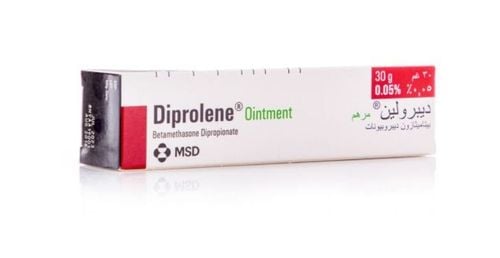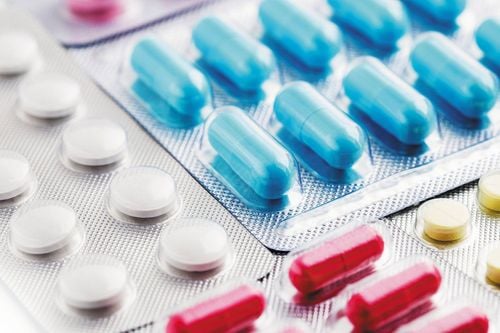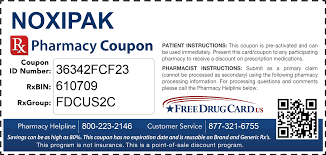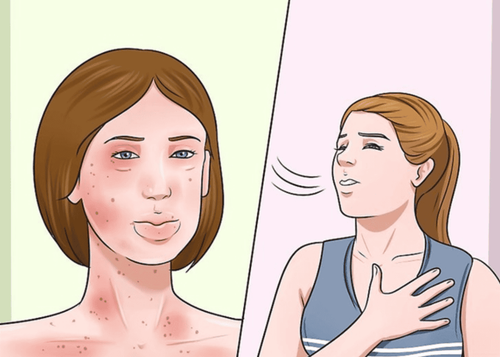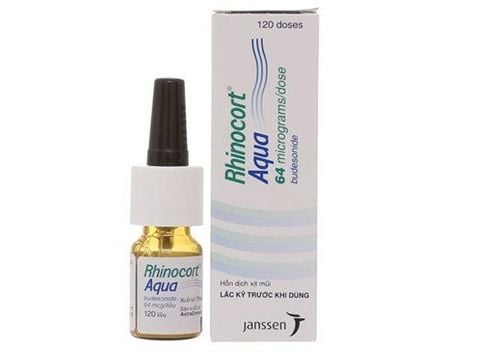This is an automatically translated article.
The combination of two components Betamethasone and Dexchlorpheniramine in Doalgis not only has antihistamine, anti-inflammatory, allergy-reducing effects, but also can reduce the dose of corticosteroids but still achieve the same effect when used. So what is the effect of Doalgis and what should be noted when using it.
1. What is Doalgis?
Doalgis is a medicine with both anti-allergic and anti-inflammatory effects, made in the form of bottled syrup with a capacity of 60ml/bottle. Doalgis contains two main active ingredients: Betamethasone 0.25 mg, Dexchlorpheniramine maleate 2mg and some other excipients sodium citrate, gum arabic, nipasol, citric acid, glycerin, nipagin, sodium saccharin, white sugar, flavor powder Strawberry flavor, purified water, Ethanol 96 degrees.
1.1 What is Betamethasone in Doalgis pills? Betamethasone is a steroid with very potent glucocorticoid activity. The drug has anti-inflammatory, anti-allergic, and immunosuppressive effects when used in high doses. Betamethasone is commonly used in many diseases such as skin diseases, allergies, rheumatism, collagen diseases, endocrine diseases, diseases of the eyes, blood, respiratory tract, cancer and many other conditions that respond to betamethasone. Corticosteroids.
1.2 What is Dexchlorpheniramine Maleat in Doalgis? Dexchlorpheniramine is a first-generation antihistamine used in the treatment of allergic symptoms such as:
Sneezing, runny nose in seasonal or year-round allergic rhinitis Urticaria, rash; Allergies to insect stings; Food and drug allergies; Itching of allergic origin; Allergic conjunctivitis.
2. What is the effect of Doalgis?
Doalgis drug with the combination of the anti-inflammatory and antiallergic effects of a corticosteroid and the antihistamine action of dexlorpheniramine is used for the following specific conditions:
Atopic dermatitis Neurodermatitis Contact dermatitis Eyebrows Urticaria Allergic Rhinitis Allergic Bronchitis Anti-allergic when corticosteroids are needed
3. How to use Doalgis?
Doalgis drug is a prescription drug that is used according to the doctor's prescription and depending on the response to the drug as well as the level, pathological progress, health status of the patient, the dose of Doalgis drug may change. .
Reference Doalgis dosage:
For adults and children over 12 years old: every 4 to 6 hours take 1 teaspoon of the drug (equivalent to about 5ml), but do not use more than 6 spoons within 24 hours. For children from 6 to 12 years old: every 4 to 6 hours take half a teaspoon but do not exceed 3 teaspoons per day. Children 2 to 6 years old take half a teaspoon every 4 to 6 hours but do not exceed one and a half teaspoons per day. Doalgis comes in syrup form, so after taking the medicine it is best to rinse with water to avoid leading to tooth decay. After the desired response is achieved, reduce the dose in increments to the lowest dose that will ensure control of the disease being treated.
Stop the medication as soon as possible.
If long-term treatment is required, the patient must be monitored regularly.
Do not use Doalgis on subjects:
Have a history of allergy to Dexchlorpheniramine or to other antihistamines with similar chemical structure Have a history of allergy to Betamethasone or other Corticosteroids Using Monoamine inhibitors Oxidase (MAOIs) Diabetics Bacterial infections, viral infections Systemic fungal infections Doalgis should be used with caution in pregnant or lactating women, machine operators, drivers, people with liver failure, liver failure, or liver failure. kidney, bronchial asthma,...
Avoid using Doalgis with other antihistamines, limit the use of alcoholic beverages during drug use. Store the medicine at a temperature of 30 degrees Celsius, protect from light, avoid moisture and keep the medicine out of the reach of children.
4. Undesirable effects of Doalgis
Undesirable effects of Doalgis include unwanted effects of Betamethasone and Dexlorpheniramine.
Side effects of Betamethasone in Doalgis:
Water and electrolyte disturbances in the body (water retention, potassium retention, potassium loss). Musculoskeletal system and skin: muscle weakness, decreased muscle mass, skin atrophy, osteoporosis, aseptic abscess, slow wound healing, ecchymosis,... Digestive system: stomach bleeding, esophageal ulcers, pancreatitis, abdominal distention Nervous system: dizziness, headache, depression, sleep disturbance, convulsions, increased intracranial pressure, papilledema. Endocrine: menstrual disturbances, Cushing-like syndrome, impaired glucose tolerance, manifestation of latent diabetes mellitus, increased insulin requirements or hypoglycemic factors in diabetic patients, growth retardation in diabetic patients child or fetus in utero The above does not include all unwanted effects of Dioglis medicine. Please inform your doctor about unwanted effects or any questions during the use of the drug that you encounter for timely advice and support.
Please dial HOTLINE for more information or register for an appointment HERE. Download MyVinmec app to make appointments faster and to manage your bookings easily.




